by Mary Mwende
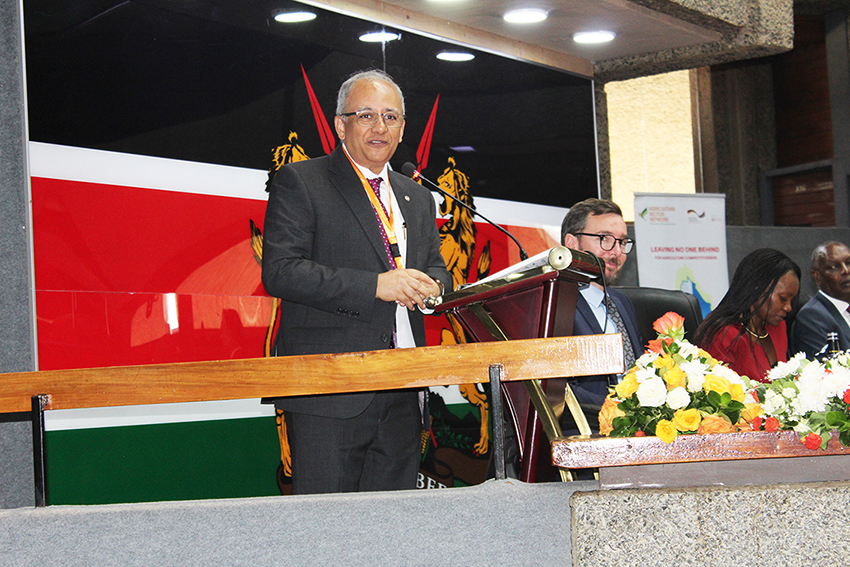
In recent years, Kenya has witnessed significant transformation in the agricultural sector. This change has been largely driven by the growing recognition that collaboration between various stakeholders is key to unlocking the full potential of agriculture.
The need to bring together government agencies, private sector players, academia, and development partners has never been more urgent. This realization is at the core of Agriculture Sector Network (ASNET), an organization that seeks to create an umbrella for the myriad of stakeholders in Kenya’s agricultural landscape.
At the recently held 4th National Agriculture summit, Dr. Bimal Kantaria, the chairman of ASNET, highlighted the power of collaborative frameworks in agriculture. His opening remarks set the tone for the summit, emphasizing that agriculture, which constitutes up to 60% of Kenya’s GDP, is too vast and complex for any single entity to manage effectively. To promote growth, innovation, and sustainability, it is essential that various actors in the sector come together.
The Birth and Growth of ASNET
ASNET was born in 2020 as a private sector initiative, co-created by the Kenya Private Sector Alliance (KEPSA), the Chamber of Commerce, and the Kenya Association of Manufacturers. The goal was clear: unify the 32 agricultural value chains and over 400 business organizations under one umbrella to better streamline communication with government and other stakeholders. As Dr. Bimal pointed out, creating a unified voice for such a diverse sector was not an easy task. Yet, the commitment to collaboration has seen ASNET make remarkable progress over the last four years.
ASNET’s philosophy is rooted in cooperation, especially with the government.
Rather than resorting to confrontational methods, ASNET believes in fostering dialogue with policymakers to advance agricultural reforms.
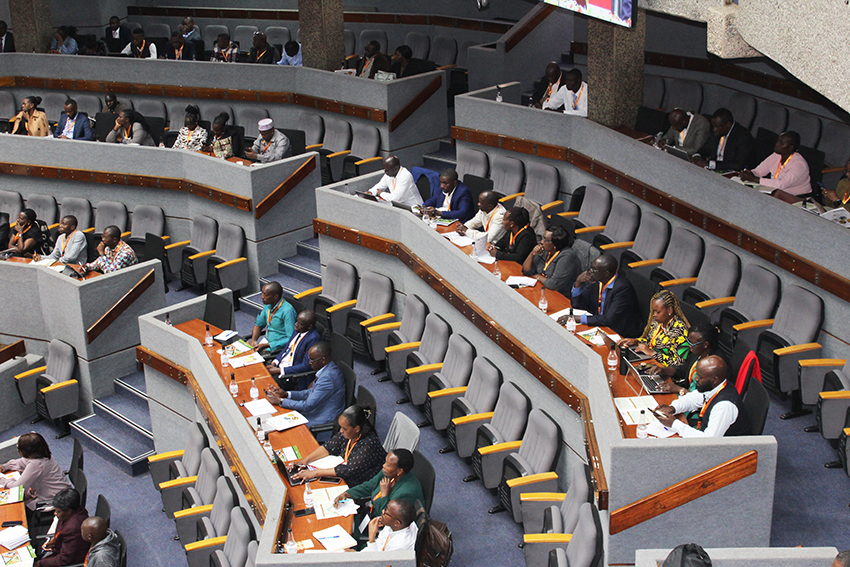
This approach, according to Kantaria, has yielded positive results, including ongoing collaboration with the Ministry of Agriculture on key policy frameworks, such as the Agricultural Sector Development Strategies (ASDS) and the Agriculture Policy of 2022.
Addressing Regulatory Overreach
While collaboration has improved the sector’s coordination, the burden of overregulation remains a challenge. During the summit, Kantaria echoed concerns about the increasing regulatory demands on private sector players in agriculture. He suggested that it might be time to pause the introduction of new laws to assess the effectiveness of the existing frameworks, particularly the Agriculture Policy of 2022. This approach would help avoid the fatigue associated with regulatory overreach and allow stakeholders to build on already established policies.
Building Bridges between Academia and the Private Sector
A key theme at the summit was the urgent need to strengthen ties between academia and the private sector. Although Kenya boasts some of the most brilliant minds in agricultural research, there remains a disconnect between academic institutions and businesses. The summit aimed to address this by encouraging greater collaboration between universities and the private sector.
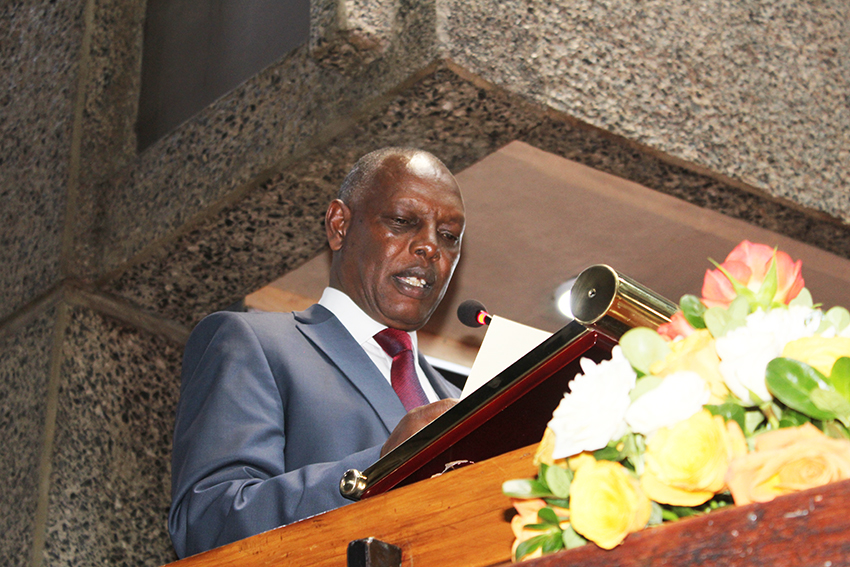
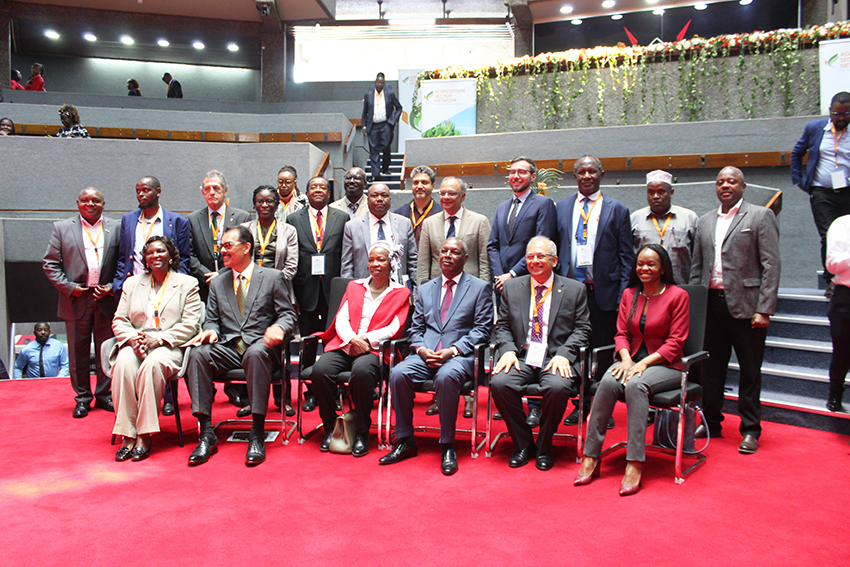
One of the most significant steps in this direction is the establishment of Kenya’s first Agriculture Technology Centre at the University of Nairobi’s Kabete campus, fully funded by the private sector. This center is designed to bridge the gap between academia and industry by fostering innovation, research, and entrepreneurship in agriculture. The Hungarian Embassy has also shown interest in supporting entrepreneurship in agriculture through this initiative, highlighting the importance of international partnerships in fostering agricultural development.
A Structured Approach to Dialogue
ASNET’s collaborative efforts have received a significant boost with the Ministry of Agriculture’s decision to hold monthly roundtable meetings with ASNET representatives. This structured approach will provide a direct line of communication between the government and the private sector, allowing for a more focused and organized discussion of the sector’s challenges and opportunities.
This monthly forum, which was set to kick off in October, is expected to streamline the process of addressing sector-wide issues. ASNET’s leadership will raise concerns from various value chains and present them to the Ministry, reducing the inefficiencies associated with multiple organizations approaching the government independently.
The Role of Development Partners
The presence of development partners, such as USAID and the German government through GIZ, at the summit underscored the crucial role they play in supporting Kenya’s agricultural transformation. Andrew Mc Cown, representing USAID, noted that while agriculture is vital to Kenya’s economy, funding for the sector remains critically low. He emphasized that addressing this gap cannot be the responsibility of the government alone but requires active involvement from private sector players and academic institutions.
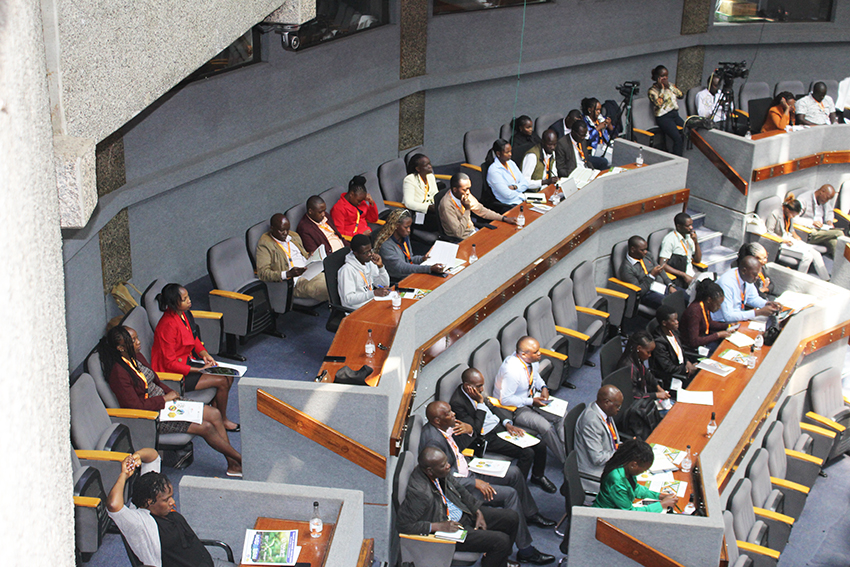
Mc Cown also highlighted the need for action plans that are not only comprehensive but also actionable and investable. He challenged stakeholders to develop strategies that are aligned with the interests of both the private sector and development partners, ensuring that these plans lead to tangible results for Kenya’s agriculture.
To conclude, by bringing together government, private sector, academia, and development partners, ASNET has created a platform for unified action. The future of Kenya’s agriculture lies in fostering stronger partnerships that drive innovation, streamline policy frameworks, and ensure sustainable growth.
